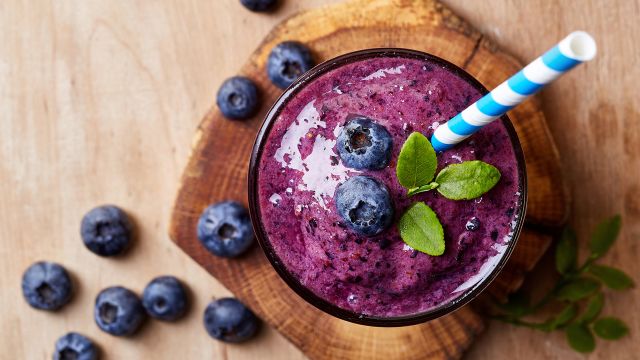Updated on April 1, 2024.
If you are being treated for kidney cancer, the most important step is working with your healthcare team. This is made up of healthcare providers (HCPs) who specialize in the kidneys and cancer. They can help you learn as much as you can about your diagnosis and treatment options.
Working on your daily habits can also play an important role in treatment. Here are five areas to focus on after a diagnosis of kidney cancer.
Exercise
Physical activity is key to good health and can have many benefits when you have kidney cancer. These benefits may include:
- Improving or maintaining physical strength and endurance, which can help your body cope with the demands of treatment
- Improving energy levels and easing fatigue
- Improving the health of the immune system
- Improving mental well-being; regular exercise is associated with better moods, emotions, and outlook
If you already exercise regularly, it is important to keep exercising as you are able. If you do not exercise regularly, you can still establish a regular routine even after being diagnosed with kidney cancer.
Kidney cancer affects a wide variety of people with different exercise habits and levels of fitness. So, it’s possible you may need to adjust your workout habits during treatment. Some people might become more active. Others should change the intensity, length, and types of exercise they do.
Nutrition
There is no “one-size-fits-all” approach to food for people with kidney cancer. Different people have different nutritional needs. As a result, working with a registered dietitian is recommended. If you have questions about whether your insurance covers the costs, speak with your HCP.
In general, it’s a wise idea to eat a healthy, well-balanced diet. This should contain plenty of vegetables, fruits, and whole grains. However, you may be advised to limit certain foods, including:
- Protein
- Foods containing phosphorous such as meats, poultry, fish, nuts, beans and dairy
- Salt and sodium
- Saturated fats which are solid at room temperature, like butter
- Foods high in sugar
- Alcohol
Limiting your daily fluids could be needed, as well. Talk to your HCP about how much fluid you should consume each day.
Quit smoking
If you smoke, quit. Continuing to smoke after a kidney cancer diagnosis is linked to worse health. It’s also tied to other serious medical conditions, including many different types of cancer.
Your healthcare team can help you quit smoking. It may involve prescribing medications or having other treatments. Both smokers and nonsmokers should avoid secondhand smoke. Talk to them about quitting, and ask how your insurance may help cover the costs.
Mental and emotional wellbeing
Living with cancer can tax your mental and emotional well-being. Depression and anxiety are common among people with kidney cancer. Many have negative thoughts, feelings, and emotions that can be difficult to understand and talk about.
Remember that you are not on your own when it comes to your mental health. Consider working with a mental health provider, like a therapist or social worker. You might also connect to others living with cancer by reaching out to a support group.
Also, create time for the things you enjoy. This can be a hobby, time with a friend, reading a book, or listening to music. These are valuable activities that can make you happy and lower your stress level.
Organization
A cancer diagnosis can create a lot of paperwork, including:
- Test results
- Prescriptions
- Insurance forms
- Out-of-pocket costs
So, come up with a system for staying organized, such as organizing information like your notes, appointment schedules, and personal health information like lab results into different binders. Being able to find a piece of information when it’s needed can save you time and stress.







